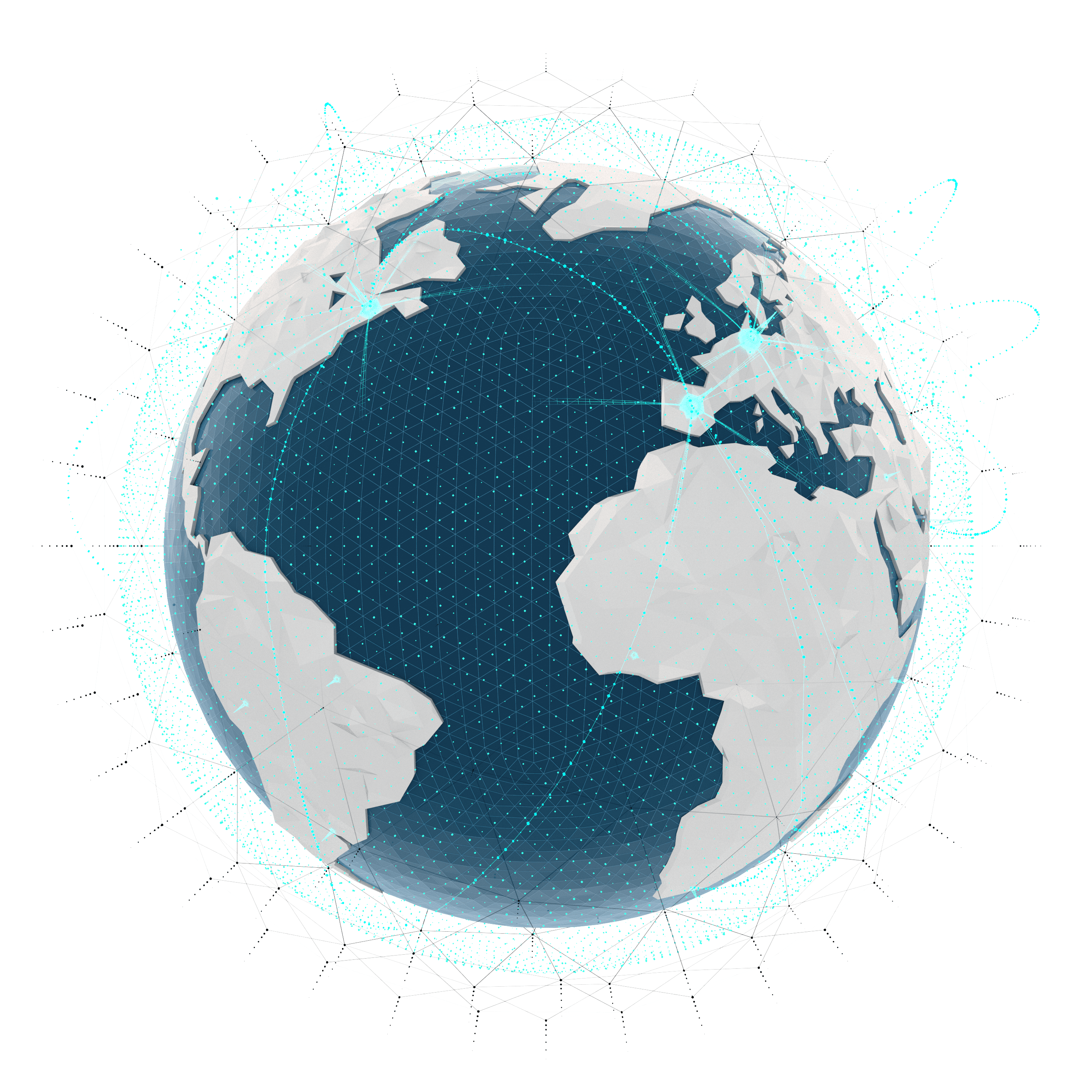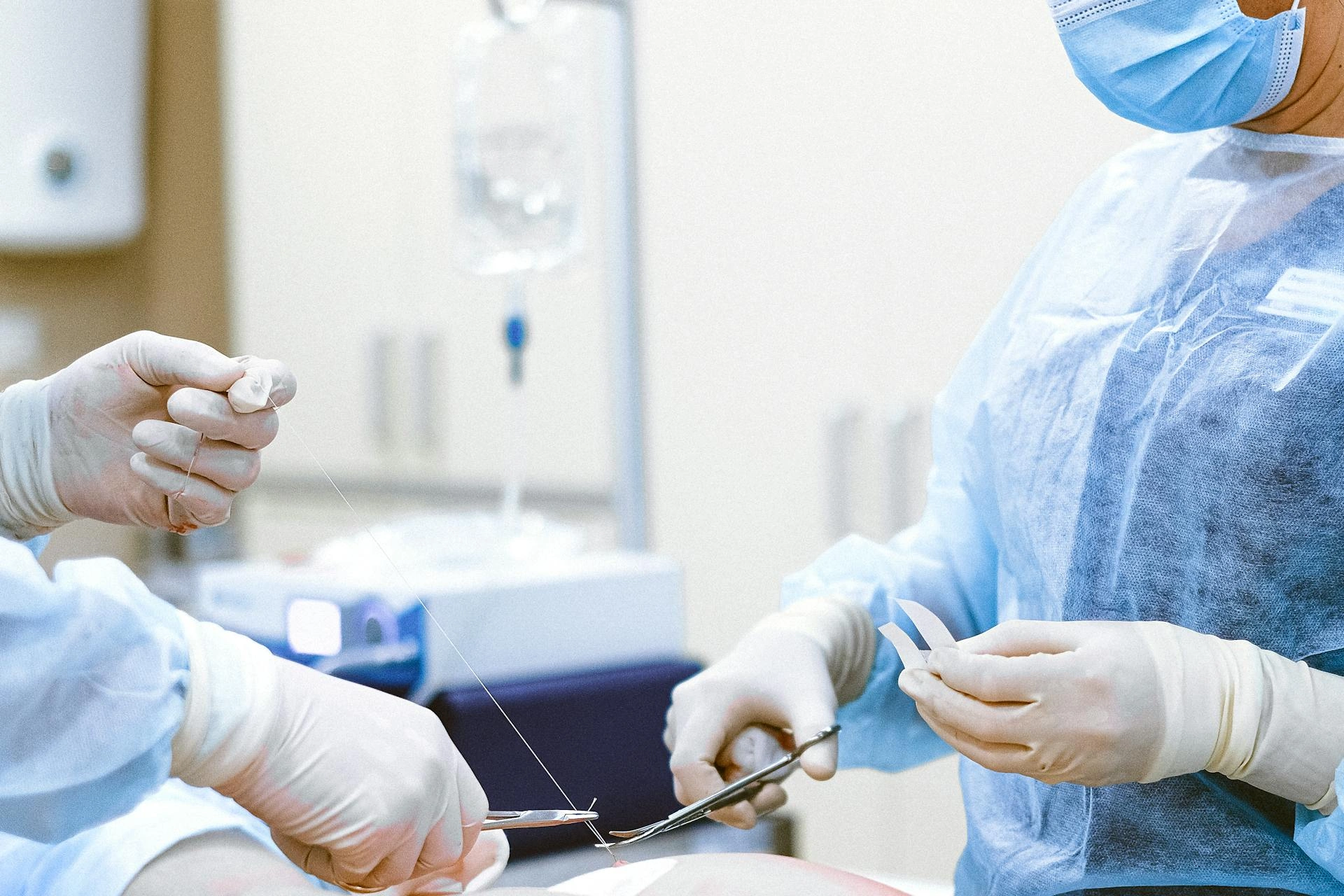The energy for change

John E. Kaye
- Published
- Home, Technology

Hanno Schoklitsch, CEO and founder of Kaiserwetter Energy Asset Management, outlines why AI and the Internet of Things can drive investment returns, even in times of crisis
As the international community comes to terms with the impact of the coronavirus crisis and searches for a way forward, we must not forget what the agenda was before the pandemic. When global leaders met in January for the World Economic Forum’s Annual Meeting in Davos (and Covid-19 was already a big problem in Wuhan), climate related issues dominated the top five long-term risks discussed.
Against a new backdrop dominated by Covid-19, state-run institutions, as well as the private sector have a double task to fulfil: restoring the global economy on the one hand, while making the investments needed for effective climate protection on the other. Economic recovery must meet climate protection standards. Numerous European countries have already pointed in this direction calling for the European Green Deal to be the spearhead for any recovery programme.
The renewable energy sector has a fundamental role to play in this context. A speedy energy transition is fundamental for complying with the Paris Agreement. To meet the respective objectives, the sector needs a large influx of funding, which has been affected by the coronavirus crisis. The International Renewable Energy Agency (IRENA) recently published a report stating that expediting investments in the renewable energy sector will yield economic benefits, while tackling the global climate emergency we are facing. As such, renewable energy could help the world’s economy recover by spurring an increase of almost $100bn in global GDP by 2050.
Investment in renewable energy is one of the most pressing issues today and while investors seem unsure at the moment, advances in smart data analytics, artificial intelligence (AI) and the Internet of Things (IoT) could be the key to giving them the reassurance they need.
Previously, investors, asset holders and operators were unable to maximise the wealth of data permanently generated by modern wind farms and solar parks. However, with the right analytical tools, it is now possible to measure and update the value of any IoT asset in real-time, allowing for an optimisation of energy production, consumption, and respective business models such as virtual power farms or micro smart grids.
At Kaiserwetter – the first IntelliTech company in the renewable energy sector – we emphasise the importance of the digitalisation of the sector through IoT, AI and machine-learning.
We released ARISTOTELES: a multi award-winning cloud-based IoT Platform, which supports investors and finance institutions to minimise investment risk, maximise returns and achieve the highest level of transparency. Within our data analytics approach, ARISTOTELES aggregates, structures and analyses data from wind farms and solar parks and enriches this data with information from external sources, such as meteorological data and, soon, electricity market data. As a result, even for large global portfolios, investors, asset owners and financing banks have the opportunity to grasp and determine their portfolios’ operative and financial status, current and future returns, the degree of potential performance as well as emerging challenges regarding investments and loans granted.
The integration of artificial intelligence, particularly machine-learning, within the ARISTOTELES platform enables a predictive analytics approach that allows for an early detection of operational risks and potential technical failures before becoming effective.
Thanks to another of our products, IRIS, we are also able to accelerate mergers and acquisitions of renewable energy assets. IRIS is capable of performing in-depth analysis provided in due diligence reports, status reports or potential analyses. At the click of a mouse, this analytical machine helps investors, sellers, asset holders, finance institutions and M&A consultants to better understand wind energy economics, therefore facilitating acquisitions, mergers and the introduction of new investors.
The way forward
Given the emerging health crisis, each country has the economic opportunity to lead the change and redefine a new future for renewable energy in their region. To help, we have developed a new business-to-government platform. ARISTOTELES SKY – The Energy Cloud for Nations was presented to the world during COP25. ARISTOTELES SKY follows a “private cloud in a public sky approach” which means that it analyses energy production related data, enriched with spatial data, without affecting the IT infrastructure of the supply systems of the different national markets. It creates an optimised match of energy generation and demand enabling countries to attract capital through a more intelligent and accurate climate governance. Transition risks can be mitigated, and the transition can be accelerated.
We are convinced that digital innovation and especially data intelligence (the algorithm-based analysis of diverse forms of data from multiple sources to inform institutional decisions) provides us with the necessary tools to navigate our way out of the Covid-19 crisis and, ultimately avoid the next one – a global climate catastrophe. ν
Further information
For more technology news, follow The European
RECENT ARTICLES
-
 Deepfake celebrity ads drive new wave of investment scams
Deepfake celebrity ads drive new wave of investment scams -
 Europe eyes Australia-style social media crackdown for children
Europe eyes Australia-style social media crackdown for children -
 Europe opens NanoIC pilot line to design the computer chips of the 2030s
Europe opens NanoIC pilot line to design the computer chips of the 2030s -
 Building the materials of tomorrow one atom at a time: fiction or reality?
Building the materials of tomorrow one atom at a time: fiction or reality? -
 Universe ‘should be thicker than this’, say scientists after biggest sky survey ever
Universe ‘should be thicker than this’, say scientists after biggest sky survey ever -
 Lasers finally unlock mystery of Charles Darwin’s specimen jars
Lasers finally unlock mystery of Charles Darwin’s specimen jars -
 Women, science and the price of integrity
Women, science and the price of integrity -
 Meet the AI-powered robot that can sort, load and run your laundry on its own
Meet the AI-powered robot that can sort, load and run your laundry on its own -
 UK organisations still falling short on GDPR compliance, benchmark report finds
UK organisations still falling short on GDPR compliance, benchmark report finds -
 A practical playbook for securing mission-critical information
A practical playbook for securing mission-critical information -
 Cracking open the black box: why AI-powered cybersecurity still needs human eyes
Cracking open the black box: why AI-powered cybersecurity still needs human eyes -
 Tech addiction: the hidden cybersecurity threat
Tech addiction: the hidden cybersecurity threat -
 Parliament invites cyber experts to give evidence on new UK cyber security bill
Parliament invites cyber experts to give evidence on new UK cyber security bill -
 ISF warns geopolitics will be the defining cybersecurity risk of 2026
ISF warns geopolitics will be the defining cybersecurity risk of 2026 -
 AI boom triggers new wave of data-centre investment across Europe
AI boom triggers new wave of data-centre investment across Europe -
 Make boards legally liable for cyber attacks, security chief warns
Make boards legally liable for cyber attacks, security chief warns -
 AI innovation linked to a shrinking share of income for European workers
AI innovation linked to a shrinking share of income for European workers -
 Europe emphasises AI governance as North America moves faster towards autonomy, Digitate research shows
Europe emphasises AI governance as North America moves faster towards autonomy, Digitate research shows -
 Surgeons just changed medicine forever using hotel internet connection
Surgeons just changed medicine forever using hotel internet connection -
 Curium’s expansion into transformative therapy offers fresh hope against cancer
Curium’s expansion into transformative therapy offers fresh hope against cancer -
 What to consider before going all in on AI-driven email security
What to consider before going all in on AI-driven email security -
 GrayMatter Robotics opens 100,000-sq-ft AI robotics innovation centre in California
GrayMatter Robotics opens 100,000-sq-ft AI robotics innovation centre in California -
 The silent deal-killer: why cyber due diligence is non-negotiable in M&As
The silent deal-killer: why cyber due diligence is non-negotiable in M&As -
 South African students develop tech concept to tackle hunger using AI and blockchain
South African students develop tech concept to tackle hunger using AI and blockchain -
 Automation breakthrough reduces ambulance delays and saves NHS £800,000 a year
Automation breakthrough reduces ambulance delays and saves NHS £800,000 a year



























